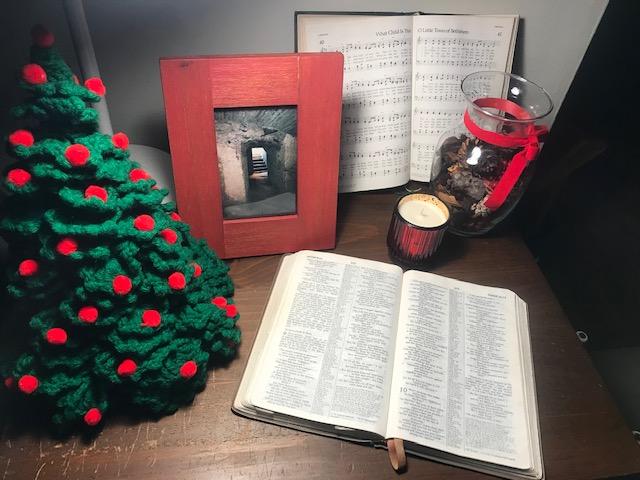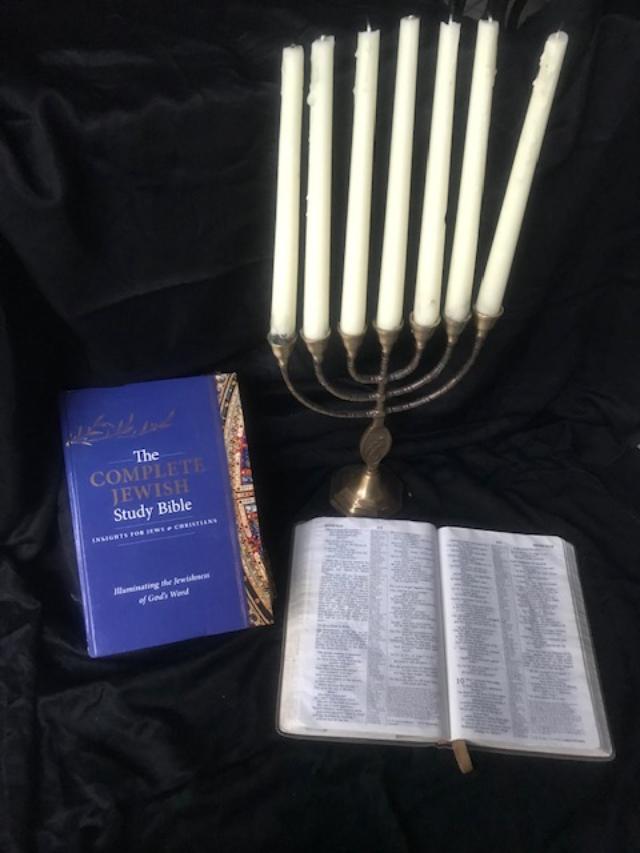

Who was Jesus and was he really born on December 25? Why do churches celebrate Christmas Eve? It can be good to doubt and question why certain traditions are practice. But one should consider the attitude behind it. Is it to better understand or to mock and justify rebellion? Be careful of the later and let’s dig into the first.
There is no record of the exact date when Jesus of Nazareth was born. During this time in history poverty was rampant and record keeping scant as the costs of scrolls and scribes were exorbitant. But, individuals were very good at giving oral accounts that were much better than what moderns can fathom who depend on written texts to refer to.
According to Luke 2:8-20 shepherds who were keeping watch of their flock at night were greeted by an angel to proclaim the birth of the Savior. Israel is too cold in December to stay out at night with one’s sheep. It’s more likely that they would do this in the Spring or Fall.
Some say that Jesus was born in the Spring near the time of the Passover. Others say he was born later during the season of Fall Festivals of Yom Kippur, Rosh Hashanah. Both have deep literary significance with what each of these holidays commemorate that fore shadow the promised Messiah. So why celebrate Christ’s birth on December 25?
December 21st is known as the Winter Solstice. In the Northern Hemisphere it is the darkest day of the year as the angle of the earth points away from the sun even though Earth is actually in the closest part of its ellipse to it. Pagan celebration of this involved raucous partying, rituals, feasting, and sacrifice to their various gods. But in the 10th century, Norwegian King Haakon the Good, desired to convert all of Norway to Christianity. What better way than to blend Jesus’s claim to be the light of the world in John 8:12 and switch the celebration to his time of birth?
12 When Jesus spoke again to the people, he said, “I am the light of the world. Whoever follows me will never walk in darkness, but will have the light of life.”

Interestingly, Hanukkah also known as the Feast of Dedication, a holiday not clearly instituted in the Torah like the Spring and Fall Festivals are, also falls somewhere around this time each year. The history behind this is found between the last prophets before Christ ~167-164 B.C. in the books of I Maccabees chapters 3-4 and II Maccabees 8:1-10:18, Apocrypha texts. Judas Maccabeus led a guerrilla-style rebellion against Antiochus Epiphanes to purify the Temple and restore Jewish faith practices. From this an 8 day celebration of rededicating the temple became known as Hanukkah. A key part of this celebration is the menorah, originally a seven branch candelabra that originates from Exodus 37:17-24.
Yeshua is recorded in John 10:22-23 as observing this festival:
22 Then came the Festival of Dedication[a] at Jerusalem. It was winter, 23 and Jesus was in the temple courts walking in Solomon’s Colonnade.
The next few verses shed incredible understanding onto Jewish expectation and longing of the time. They wanted a political Messiah to free them from the bondage of the Roman Empire. The Maccabean Revolt was temporary. The majority of the brothers who led it died horrific deaths as an independent Israel eventually gave way to the rule of Rome. This did not align with the prophecies and hopes for freedom. Keeping this in mind, pick back up in John 10 verse 24:
24 The Jews who were there gathered around him, saying, “How long will you keep us in suspense? If you are the Messiah, tell us plainly.”
25 Jesus answered, “I did tell you, but you do not believe. The works I do in my Father’s name testify about me, 26 but you do not believe because you are not my sheep. 27 My sheep listen to my voice; I know them, and they follow me. 28 I give them eternal life, and they shall never perish; no one will snatch them out of my hand. 29 My Father, who has given them to me, is greater than all[b]; no one can snatch them out of my Father’s hand. 30 I and the Father are one.”
31 Again his Jewish opponents picked up stones to stone him, 32 but Jesus said to them, “I have shown you many good works from the Father. For which of these do you stone me?”
33 “We are not stoning you for any good work,” they replied, “but for blasphemy, because you, a mere man, claim to be God.”
34 Jesus answered them, “Is it not written in your Law, ‘I have said you are “gods”’[c]? 35 If he called them ‘gods,’ to whom the word of God came—and Scripture cannot be set aside— 36 what about the one whom the Father set apart as his very own and sent into the world? Why then do you accuse me of blasphemy because I said, ‘I am God’s Son’? 37 Do not believe me unless I do the works of my Father. 38 But if I do them, even though you do not believe me, believe the works, that you may know and understand that the Father is in me, and I in the Father.” 39 Again they tried to seize him, but he escaped their grasp.
Reading this one can surmise why many Jews rejected Yeshua as Messiah. He did not fit the mold of what they believed. He did not give them the political freedom from Rome that they sought. Picking back up in the rest of the passage:
40 Then Jesus went back across the Jordan to the place where John had been baptizing in the early days. There he stayed, 41 and many people came to him. They said, “Though John never performed a sign, all that John said about this man was true.” 42 And in that place many believed in Jesus.
This belief in Yeshua isn’t the kind that the demons exhibit as described in James 2:19. Rather, it’s the kind that changes lives through genuine repentance and true worship! It frees one from looking for heaven on earth in an utopian style of government. They experience the power of being forgiven a debt to G-d that they could never pay and in turn extend that forgiveness towards others. They are finally able to apply the Shema as written in Deuteronomy 6:4-9 by loving G-d with all their heart, soul, strength, and mind. Then in turn love their neighbor as themselves!
Perhaps this is what 10th Century Norwegian King Haakon had experienced which is why he was also called good and wanted to spread to others by converting Winter Solstice into Christmas. The bigger question is what have you experienced and desire? What do hope to convey to others when you wish a Merry Christmas?
For more reading and references in this blog:
https://textandcanon.org/paul-and-first-century-letter-writing
https://allthatsinteresting.com/yule
https://www.biblegateway.com/passage/?search=John%208%3A12&version=NIV
https://www.jewishvirtuallibrary.org/the-menorah
https://www.biblegateway.com/passage/?search=Exodus%2037%3A17-24&version=NIV
https://www.biblegateway.com/passage/?search=John%2010:22-42&version=NIV
https://www.gotquestions.org/Maccabean-Revolt.html
https://www.thegospelcoalition.org/article/feast-dedication-jesus-hanukkah
https://www.biblegateway.com/passage/?search=Deuteronomy%206%3A4-9&version=TLV
https://www.biblegateway.com/verse/en/James%202%3A19
I will be using this wonderful explanation as a resource to help my kids better understand this holiday. Thank you so much for sharing.
Thank you for your feedback!